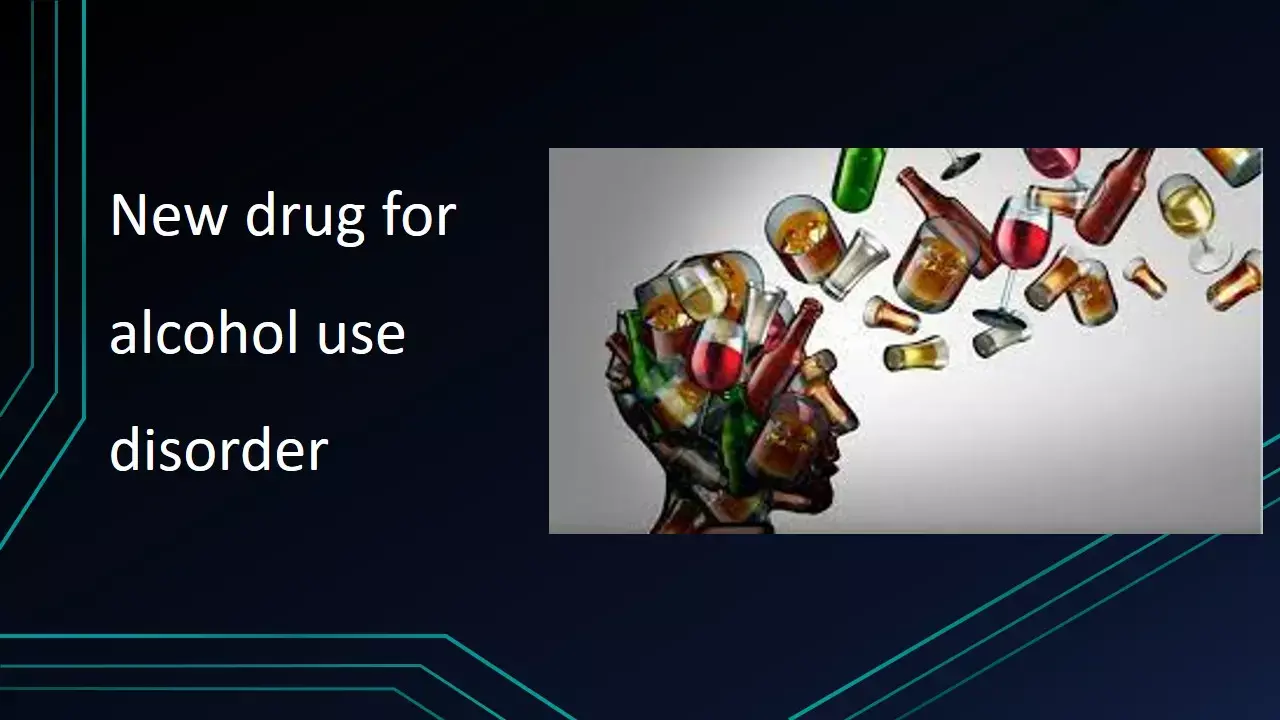- Home
- Medical news & Guidelines
- Anesthesiology
- Cardiology and CTVS
- Critical Care
- Dentistry
- Dermatology
- Diabetes and Endocrinology
- ENT
- Gastroenterology
- Medicine
- Nephrology
- Neurology
- Obstretics-Gynaecology
- Oncology
- Ophthalmology
- Orthopaedics
- Pediatrics-Neonatology
- Psychiatry
- Pulmonology
- Radiology
- Surgery
- Urology
- Laboratory Medicine
- Diet
- Nursing
- Paramedical
- Physiotherapy
- Health news
- Fact Check
- Bone Health Fact Check
- Brain Health Fact Check
- Cancer Related Fact Check
- Child Care Fact Check
- Dental and oral health fact check
- Diabetes and metabolic health fact check
- Diet and Nutrition Fact Check
- Eye and ENT Care Fact Check
- Fitness fact check
- Gut health fact check
- Heart health fact check
- Kidney health fact check
- Medical education fact check
- Men's health fact check
- Respiratory fact check
- Skin and hair care fact check
- Vaccine and Immunization fact check
- Women's health fact check
- AYUSH
- State News
- Andaman and Nicobar Islands
- Andhra Pradesh
- Arunachal Pradesh
- Assam
- Bihar
- Chandigarh
- Chattisgarh
- Dadra and Nagar Haveli
- Daman and Diu
- Delhi
- Goa
- Gujarat
- Haryana
- Himachal Pradesh
- Jammu & Kashmir
- Jharkhand
- Karnataka
- Kerala
- Ladakh
- Lakshadweep
- Madhya Pradesh
- Maharashtra
- Manipur
- Meghalaya
- Mizoram
- Nagaland
- Odisha
- Puducherry
- Punjab
- Rajasthan
- Sikkim
- Tamil Nadu
- Telangana
- Tripura
- Uttar Pradesh
- Uttrakhand
- West Bengal
- Medical Education
- Industry
"New drug in the town": Ibudilast for booze dependence.

Alcohol use disorder (AUD) is a chronic relapsing disorder with a major public health impact. Ibudilast, a neuroimmune modulator which selectively inhibits phosphodiesterases (PDE)-3, -4, -10, and -11, and macrophage migration inhibitory factor (MIF), shows promise as a novel pharmacotherapy for alcohol use disorder (AUD) in a recent study published in Translational Psychiatry Journal.
Grodin et al examined the efficacy of ibudilast to improve negative mood, reduce heavy drinking, and attenuate neural reward signals in individuals with AUD. Their findings extend preclinical and human laboratory studies of the utility of ibudilast to treat AUD and suggest a biobehavioral mechanism through which ibudilast acts by reducing the rewarding response to alcohol cues in the brain leading to a reduction in heavy drinking.
Alcohol use disorder (AUD) is a chronic relapsing disorder with a major public health impact. Over 14 million adults in the United States have an AUD; however, only 8% of adults with current AUD received treatment.
Only four pharmacotherapies are currently approved by the FDA for the treatment of AUD, - disulfiram (Antabuse), acamprosate, oral naltrexone, and extended-release injectable naltrexone. These medications are only modestly effective. Therefore, there is a clear need to develop more efficacious treatments, particularly those with novel molecular targets. To that end, the modulation of neuroimmune signaling is a promising AUD treatment target.
This was a 2-week clinical study of ibudilast for negative mood improvement and drinking reduction in non-treatment-seeking individuals with an AUD. Eligible participant were randomized to ibudilast or matched placebo. Participants completed three in-person visits and daily online diary assessments to report on their drinking, craving, and mood from the previous day.
Fifty-two nontreatment-seeking individuals with AUD were randomized to receive ibudilast (n = 24) or placebo (n = 28). Participants completed a 2-week daily diary study during which they filled out daily reports of their past day drinking, mood, and craving. Participants completed a functional magnetic resonance imaging (fMRI) alcohol cue-reactivity paradigm half-way through the study.
It was found that, ibudilast did not have a significant effect on negative mood on drinking or non-drinking days. However, ibudilast significantly reduced the probability of heavy drinking compared to placebo.
Ibudilast also significantly attenuated alcohol cue-elicited activation in the bilateral ventral striatum. Regarding the drinking outcomes in this study, IBUD significantly reduced the probability of heavy drinking compared to placebo. Specifically, individuals treated with IBUD were 45.3% less likely (OR = 0.547) to drink heavily compared to individuals treated with placebo. Importantly, the drinking results combined with the adverse effects report indicate that ibudilast is a safe medication for individuals who are still drinking and may want to reduce their drinking. IBUD also reduced craving on non-drinking days, at trend level, as compared to placebo.
In conclusion, Ibudilast did not have a significant effect on negative mood. However, ibudilast, relative to placebo, reduced the odds of heavy drinking across time by 45%. Ibudilast also attenuated alcohol cue-elicited activation in the ventral striatum (VS) compared to placebo, such that individuals who had attenuated ventral striatal activation and took ibudilast had the fewest number of drinks per drinking day in the week following the scan.
Source: Translational Psychiatry (2021) 11:355 ; https://doi.org/10.1038/s41398-021-01478-5
M.B.B.S, M.D. Psychiatry
M.B.B.S, M.D. Psychiatry (Teerthanker Mahavir University, U.P.) Currently working as Senior Resident in Department of Psychiatry, Institute of Human Behaviour and Allied Sciences (IHBAS) Dilshad Garden, New Delhi. Actively involved in various research activities of the department.
Dr Kamal Kant Kohli-MBBS, DTCD- a chest specialist with more than 30 years of practice and a flair for writing clinical articles, Dr Kamal Kant Kohli joined Medical Dialogues as a Chief Editor of Medical News. Besides writing articles, as an editor, he proofreads and verifies all the medical content published on Medical Dialogues including those coming from journals, studies,medical conferences,guidelines etc. Email: drkohli@medicaldialogues.in. Contact no. 011-43720751


